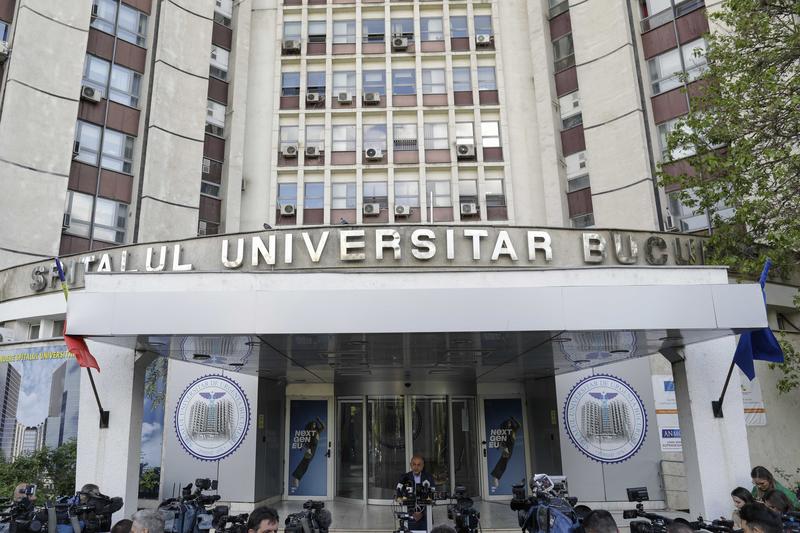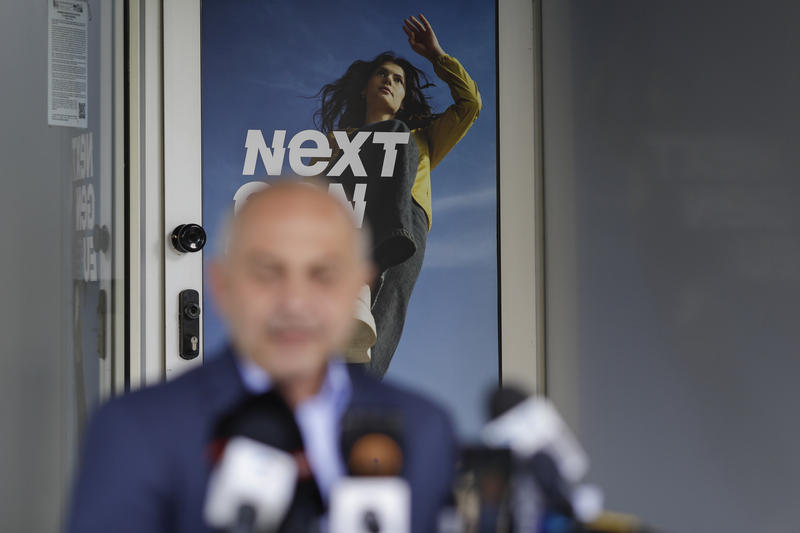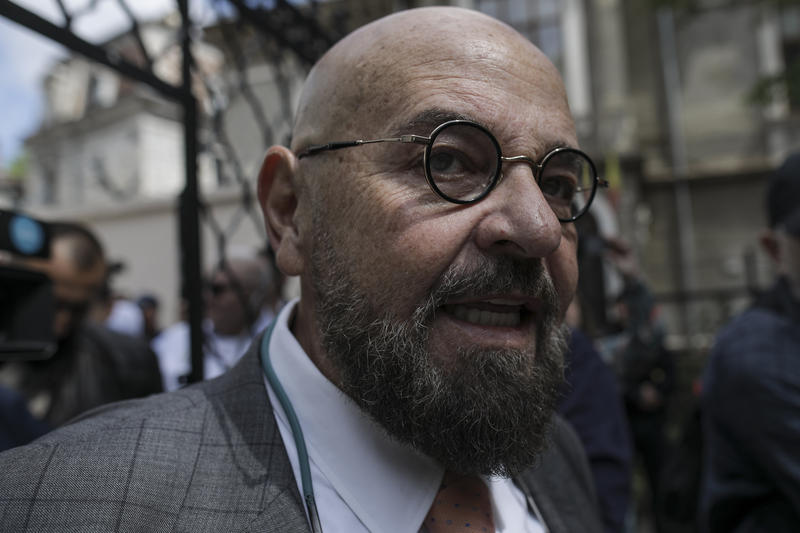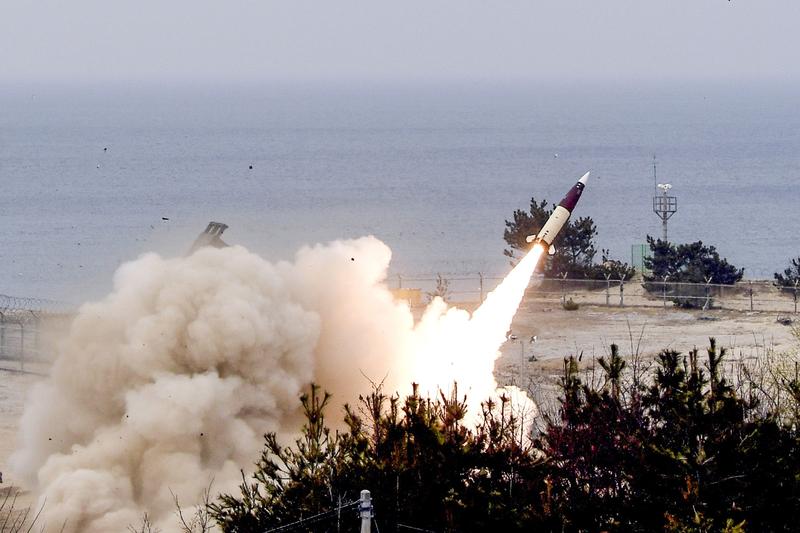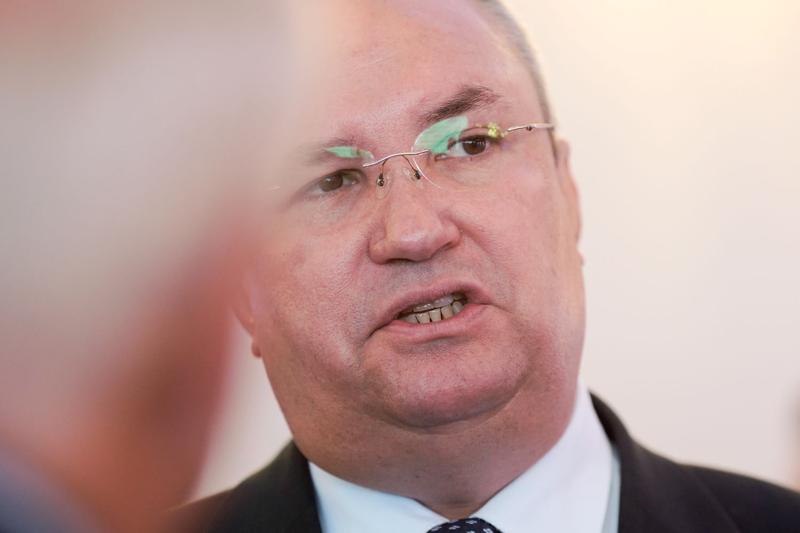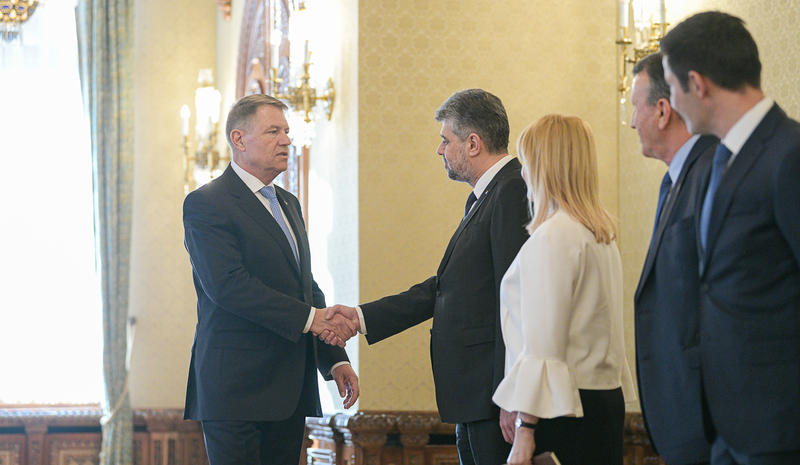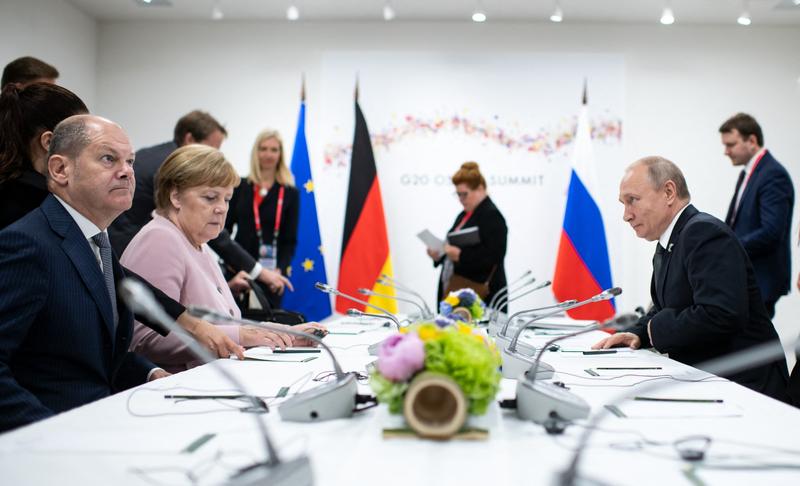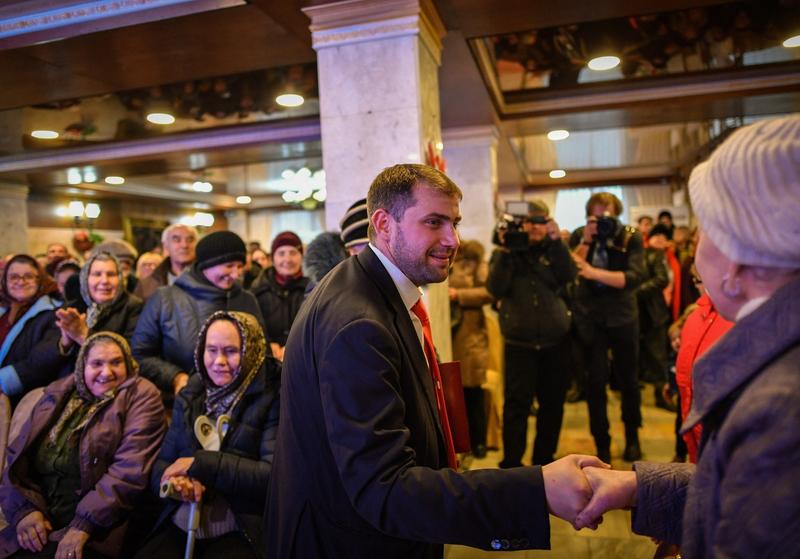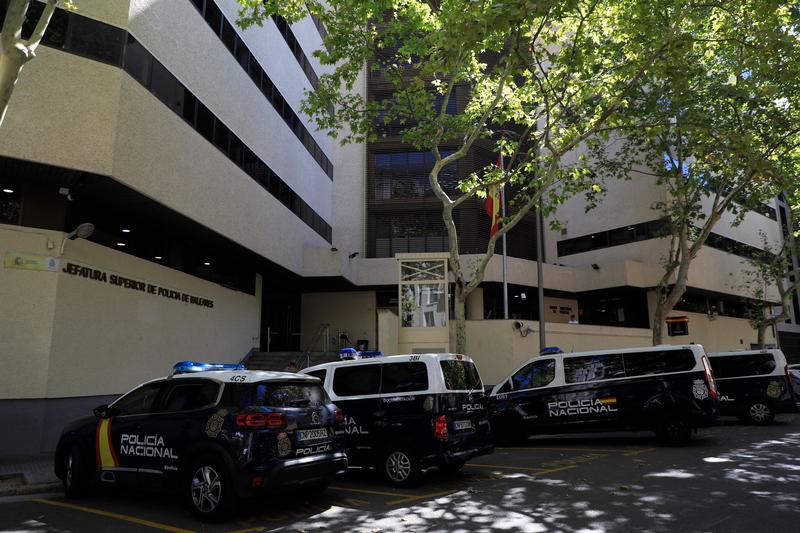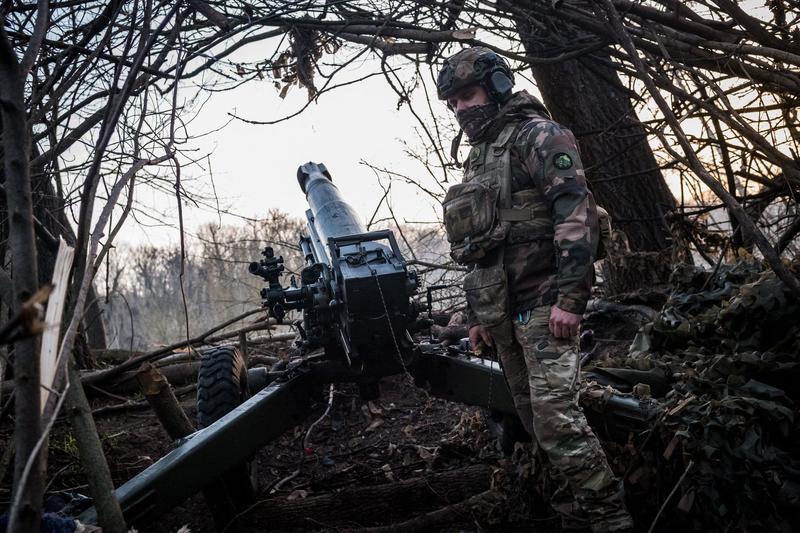In a HotNews.ro interview, Republic of Moldova's Reintegration minister Vasile Sova talks about the Transniester conflict and the way Moldova sees fit to deal with this conflict. Sova declared that the conflict was increased by both internal and external mistakes but the peace impetus came from abroad.
Sova adds that a long term solution for a frozen conflict presumes good external and internal conditions and currently, there is a positive aspect to this: external actors with interests in the region are willing to solve the conflict and for the first time the conflict is nor religious or ethnical but political.
Moreover, Sova declared that the Republic of Moldova is ready to offer Transniester an enlarged economic, administrative and cultural autonomy, so that people feel integrated within the Republic of Moldova. Plus, he added that in order for the integration to take effect, the two regions need to have a unique foreign and defense policy as a unified state. Moldova's plan, Sova reminded, is sustained by both the US, EU or Ukraine.
Thus, Sova underlined that if integrated, Tiraspol authorities will have no veto power over the decision to enter the European union. The soft federation model, adopted by Belgium will not work in this case, Sova admitted. He declared that what is important, after all, is that once united, the state will maintain its independence and neutrality.
The big concern at the moment, Sova agreed is to reach a consensus with Russia over the Transniester status once integrated in the Republic of Moldova.
